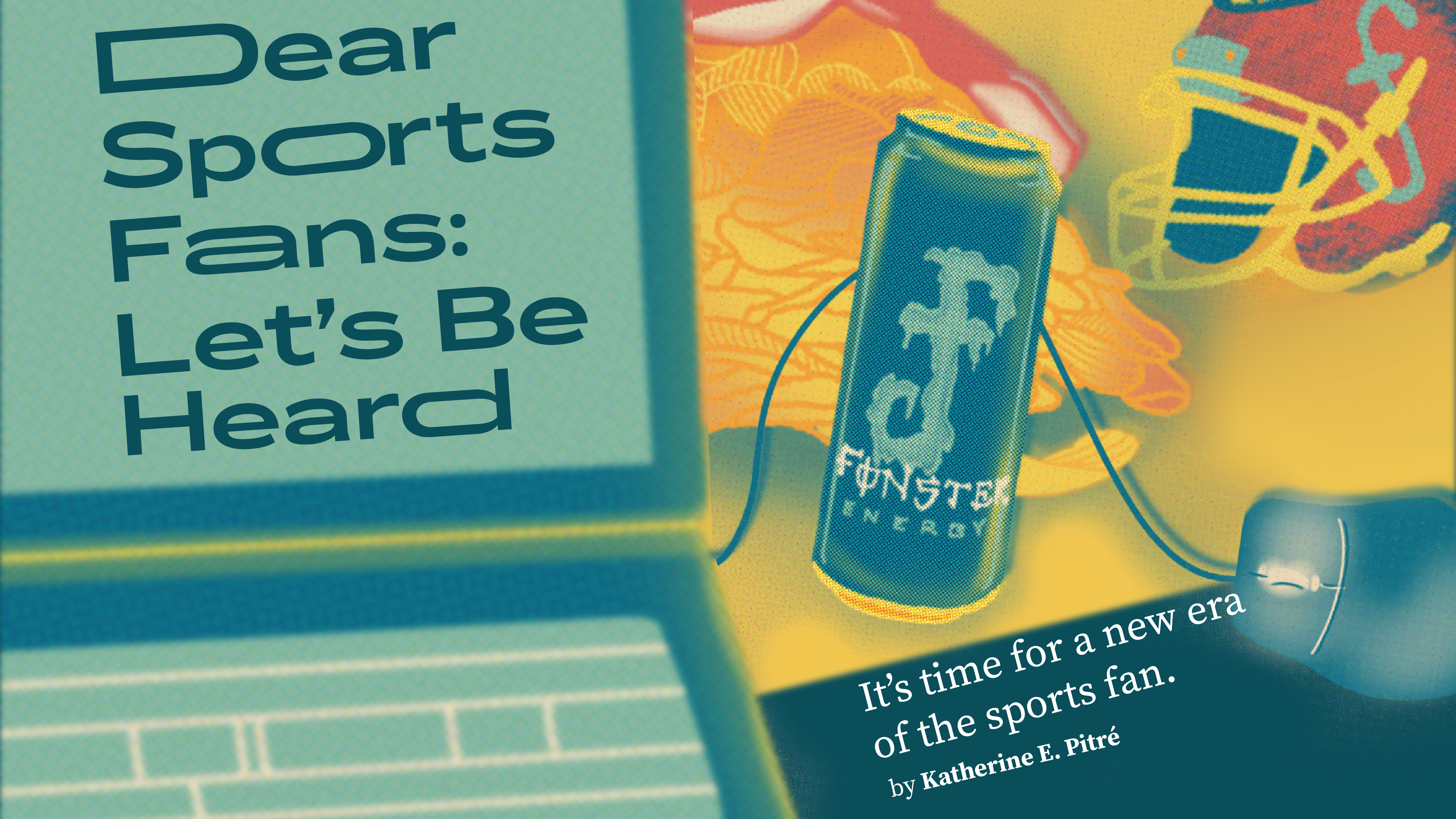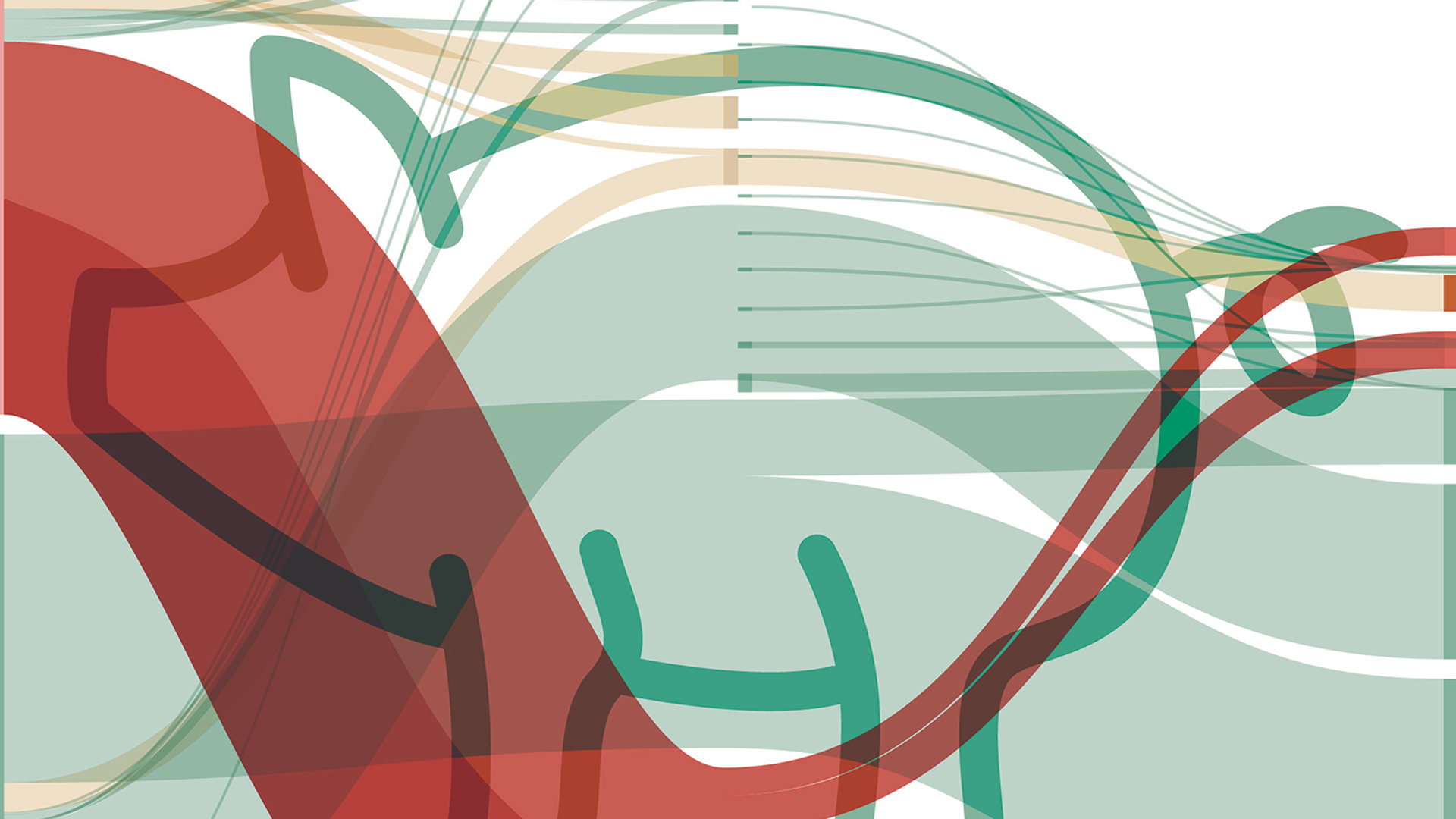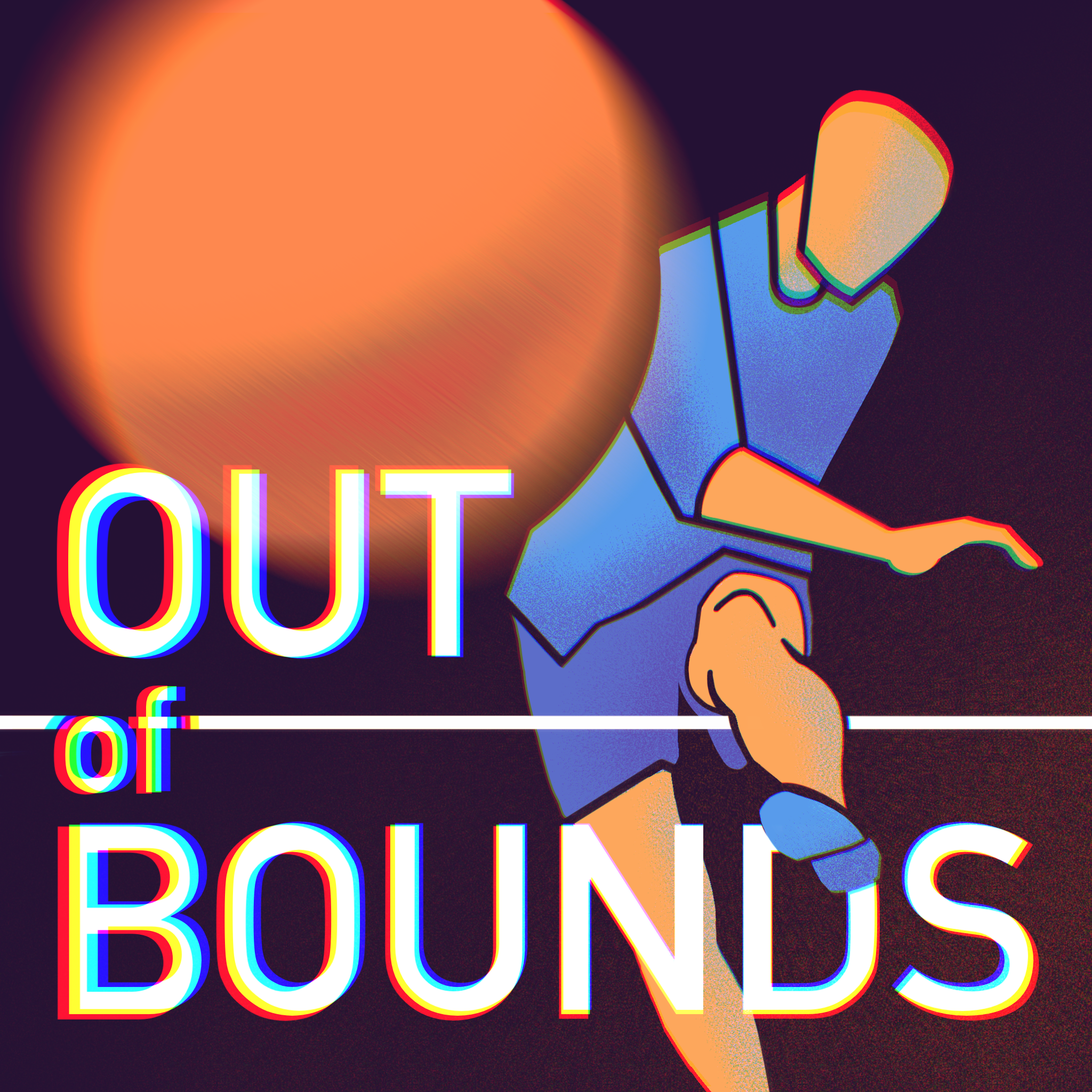
Uh oh, the star player of your favorite team has said something racist, sexist, or possibly quite homophobic. Now what?
I’ve spoken at length about how politics and sports have, historically, always intersected, and how important it is for athletes to use their voices in political spaces. But today, I’m not here to talk about athletes using their platforms for social justice — I’m here to talk about the ones who don’t.
Social media has allowed us to communicate with each other like never before. We’re able to share opinions and information instantly. Apps like Instagram, Facebook, Twitter and even Snapchat let us form those same emotional connections with athletes and sports teams as we do with our peers. As we follow their lives through our feeds, we feel like we get to know them on a personal level. And when we assume that much, we feel betrayed when their views fail to align with our own.
This brings us to a complicated and uncomfortable question: What happens when your favorite athlete becomes “problematic”?
We expect a lot from professional athletes. We idealize them, see ourselves in their success, and look to them for inspiration. They represent ideas outside of themselves — but should we separate an athlete’s personhood from their playing ability?
This isn’t a new question, although the widespread visibility of the Black Lives Matter movement and social media has changed the landscape of athletes and social justice. If we frame this conversation through the lens of athletes’ actions as they unfold on social media, how do we, as fans, address issues of racism, sexism, and homophobia?
Part of that anticipatory response in addressing systemic oppression in the sports industry comes from how we react and respond to athletes statements. The players are part of the playing culture — and while not every athlete thinks the same way, of course, how a league or a team responds to a player’s controversial or inflammatory opinion is a good litmus test for determining a sports culture.
We can think of how Colin Kaepernick’s taking a knee was deemed inappropriate, or the way the USWNT’s fight for equal pay has been regarded, or even how issues of domestic violence within the NFL and NHL have been handled … and sometimes not.
It’s easy to say “no thanks” out loud, but what does that look like in practice?
For myself, I can make small actions against an individual player who says or acts with bigotry and prejudice. I can choose not to forgive someone for refusing to acknowledge the dignity and personhood of others, and I certainly will not pretend that an athlete hasn’t subjugated someone else’s existence by exhibiting de-humanizing behavior.
When I think of my favorite sports team, individual athletes aren’t the first thing that comes to mind — it’s the identity of the team that I think of and how that identity makes me feel. That’s where it gets complicated. Notice how I said “my” team. We speak about our favorite players and teams in terms of possession. We have a relationship with whatever identity we attach to them, and that sort of emotional investment means that it hurts when a player’s actions demonstrate that they just aren’t who we thought they were.
I love sports and I love my sports teams.
But if this past year has taught me anything, it’s taught me this: It’s okay to love your team — as long as you acknowledge the issues within it.
At the end of the day, if an athlete makes problematic remarks and behaviors, then you should be upset. Be angry. As we transition out of the Trump era, no longer can someone pretend that systemic oppression and entrenched, internalized hate in American culture and politics don’t exist, or those same attitudes, behaviors and values aren’t perpetuated in sports culture, sports media, and yes, athlete’s actions.
It’s time for a new era of the sports fan.As fans, as consumers, we’re in the unique position of being able to work towards changing our teams and sports community for the better. We can’t change rosters and we aren’t in the executive suites but we can call out problematic behavior when we see it. Use social media to our advantage. We can be as visible as we want. We can create more productive, informed conversations about the existence and perpetuations of systemic oppression in our sports. We can direct dialogue about our reality, and what we want our future to be, with more than just our wallets — with our words.







